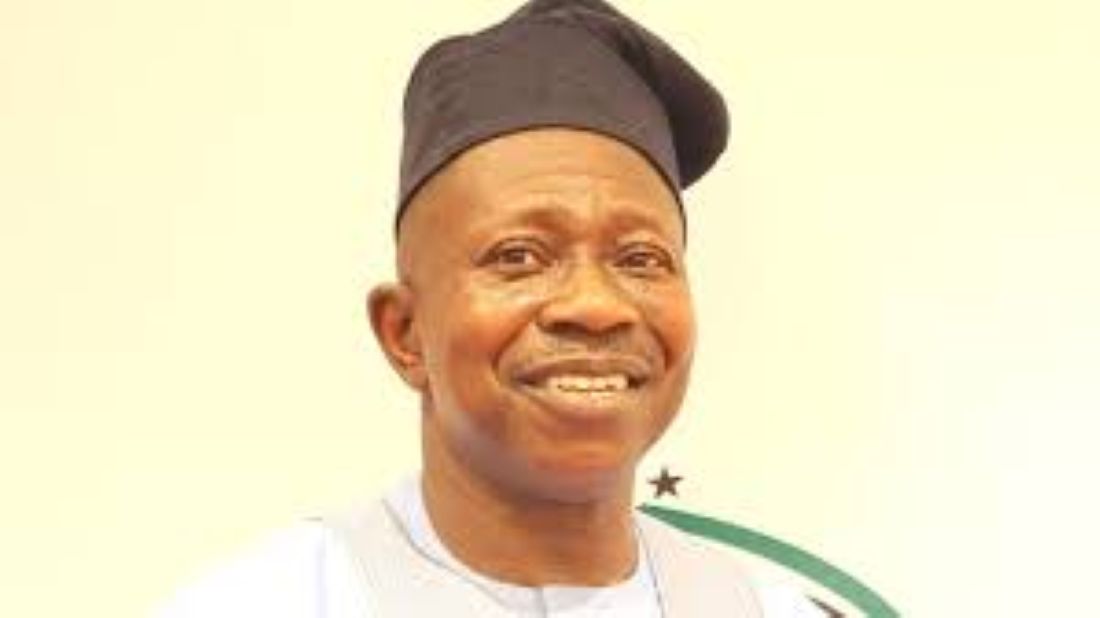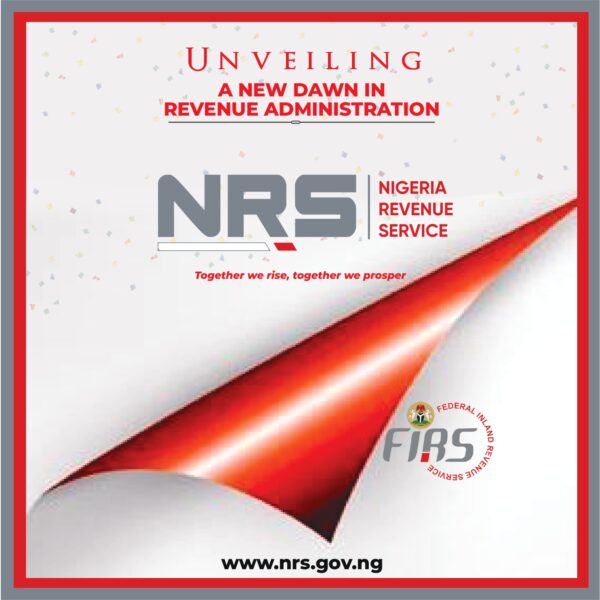By Dele Oyewale
The Punch Editorial of October 30, 2025 on the anti- corruption fight in Nigeria lacks objectivity and adequate understanding of the issues involved in the fight against graft in Nigeria.
The open caricature of the asset recovery efforts of the Economic and Financial Crimes Commission, EFCC, is particularly worrisome.
Across the world, asset recovery remains a potent weapon against fraudulent and corrupt practices. There is no better tool for disarming, disrupting and defeating illicit acquisitions than depriving the corrupt of their proceeds of crime.
The World Bank and the United Nations Office on Drugs and Crime, UNODC, are so enamoured of this framework that they continue to promote the Stolen Asset Recovery Initiative, StAR, across the world.
As far as the two global bodies are concerned, asset recovery builds strength against corruption, impunity and primitive acquisition of wealth.
Describing the efforts of a Commission that energetically recovered N566 billion and $411 million and 1,502 non-monetary assets and other sterling recoveries, within two years of its Executive Chairman, Ola Olukoyede’s appointment, as a ” narrative painted in triumphant strokes”, is uncharitable and belittling.
What would Punch have preferred: allowing the corrupt to continue enjoying the spoils of their brigandage?
What end is served in glossing over the developmental needs which the recovered assets are already meeting across the country, like the NELFUND and CREDIT CORP, because the “identities of the culprits, the scale of the net cast, and the unyielding pursuit of justice” is not yet in place?
Would Punch had referred the Commission to Look the other way and allow 7,503 convicts continue to ply their fraudulent businesses until the “untouchable titans who siphon billions from public coffers” are convicted?
Commentaries on the scorecard of the EFCC are quite significant but they must be couched in objectivity, deep reflection, broad- based analyses and global referencing. There is no anti- corruption agency elsewhere in the world that made a record arrest of 792 suspected fraudsters in one single operation. There is no other location on planet earth where 753 unit of duplexes and other apartments are uncovered and forfeited to the government. There is no record of another nation around the globe that deported 192 fraudsters arrested and convicted on the wings of the same offence. These milestones failed to impress The Punch, because ministers and governors are missing in the list of convicts!
Blaming the delay in the resolution of corruption cases, pardon of convicted Nigerians anchored on presidential prerogative of mercy and other extraneous matters on the EFCC, is blaming a priest for inadequate rainfall or the cloudy countenance of the sky.
Taunting Mr. Olukoyode over the progress of the Yahaya Bello matter is petty and mischievous. There is no promise made by the Executive Chairman in that case that he has not fulfilled! He has fulfilled his vow to arrest and prosecute the former governor. The case is now before the court. What else does Punch expect Olukoyede to do, grab Bello and dump him in jail without recourse to the judicial process?
The hubris in the editorial appears disguised to deny the EFCC its flowers. The same newspaper that is riling the Commission for failure to jail all politically exposed persons had in its editorial of June 10, 2025, entitled, Corruption: Speedy trials needed, not rhetoric, chronicled the issues preventing the expeditious determination of corruption cases in court.
The trigger for that editorial was the conviction of two oil marketers, Mamman Ali and Christian Taylor whose trial lasted 14 years, for N2.2billion oil subsidy fraud.
Punch conveniently ignores the fact that EFCC did not arrest Ali and Taylor from a Cybercafé! And, referencing Cybercafé as hideouts for internet fraudsters in a digital age, is a clear indication that the newspaper is out of tune with the shifting dynamics of cyber-criminality.
Admittedly, there are still grounds to cover in breaking the siege of corruption in Nigeria. However, the steady and consistent breakthroughs of the EFCC in weakening and withering the acidic layers of graft across the country, deserve a second look.
Just a few days ago, the Financial Action Task Force, FATF, removed Nigeria from the infamous grey list. This, certainly, did not come without the redoubtable efforts of the EFCC. Again, is Punch not aware of this? If other nations are commending Nigeria for its solid anti- corruption architecture, it is perplexing that a respectable medium like Punch will queue behind cynics who never see anything good in the efforts of the EFCC?
Detractors of the anti- corruption works are hell-bent on pulverising the commitment of the Commission in tackling internet fraud and associated infractions.
However, it is the same genre of fraudsters that are attacking critical sectors of the nation’s economy especially the financial sector and worsening the global perception of Nigeria regarding corrupt tendencies.
Internet fraud is regarded as the ” Nigerian scam” around the world. This ugly labelling is mostly responsible for Nigeria’s unimpressive ranking on the Transparency International Corruption Perceptions Index. The world feels the migraine of internet fraud like cancer, yet, the EFCC’s handling of the crime is seen as an overkill.
What, then, should the Commission do in this circumstance?
In the last two years, through the passionate efforts of the Commission, the preventive framework of tackling corruption has taken a firm root. The nation has been saved a humongous amount of money through this modality. Olukoyede’s Department of Fraud Risk Assessment and Control, FRAC, is an idea that is gaining flesh and breaking bones of graft.
This new thinking is the route the world is taking to defang corruption. The Commission is focussed on this and will not be deterred in consummating it. An Editorial not sensitive to such new thinking may not be socially- beneficial.
The Punch knows better than to charge the Commission to be “prosecuting the untouchables with swift, transparent fury” because its mandate does not allow it to do the work of the judiciary.
It also does not allow it “institute safeguards against unjust pardons” because it is not within its powers to do so. In the final analysis, truth, like the proverbial water, will one day find its own level. Nigeria is surely better and stronger with the EFCC.
Oyewale is Head, Media and Publicity of the EFCC




